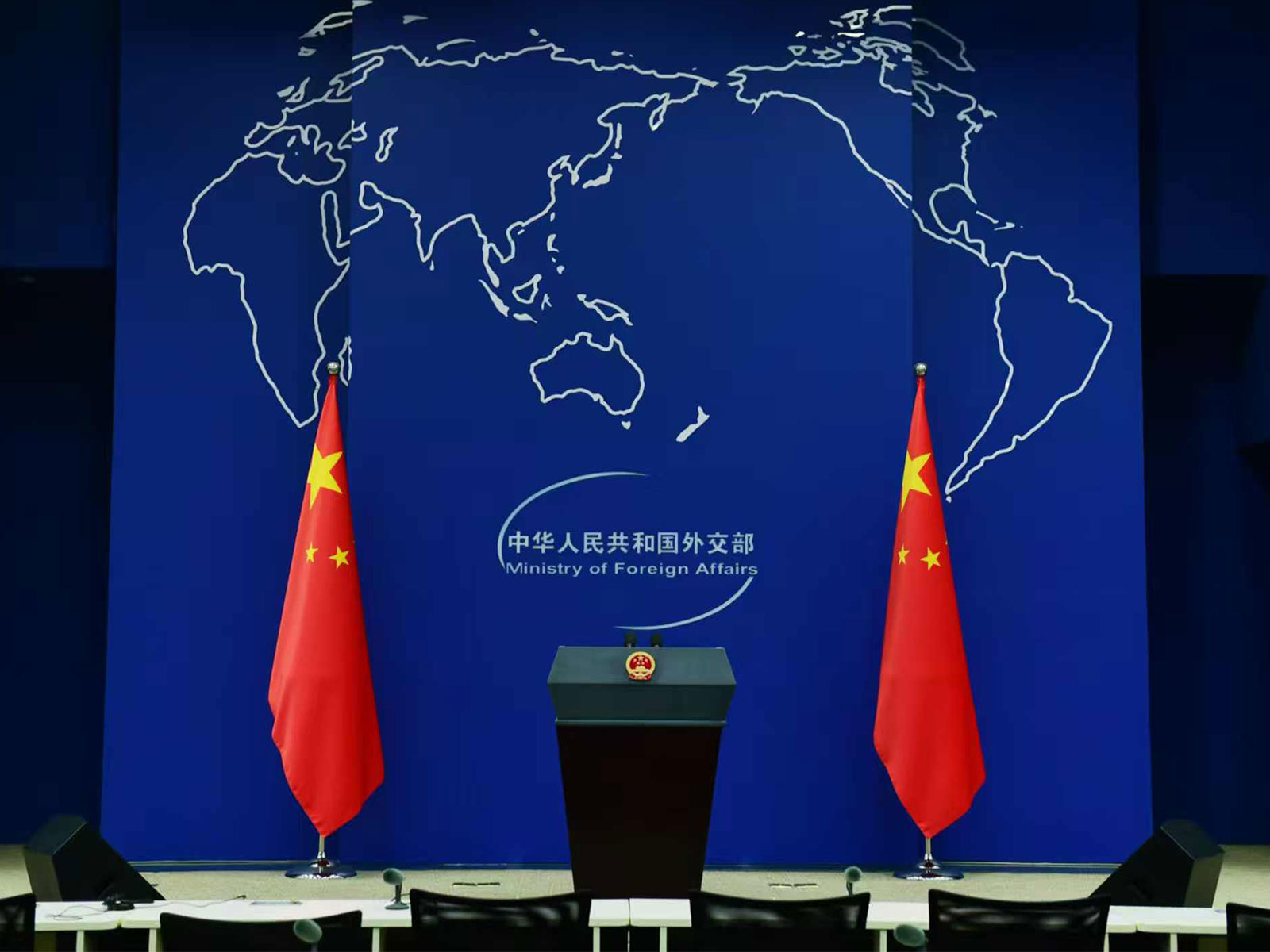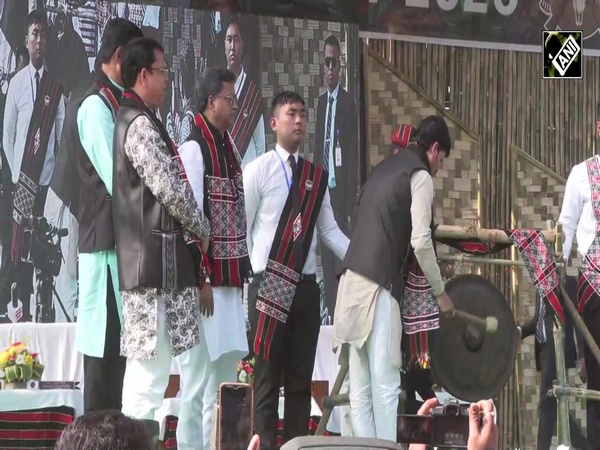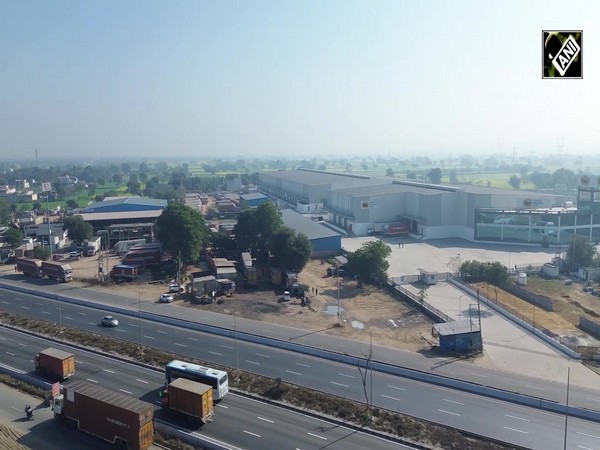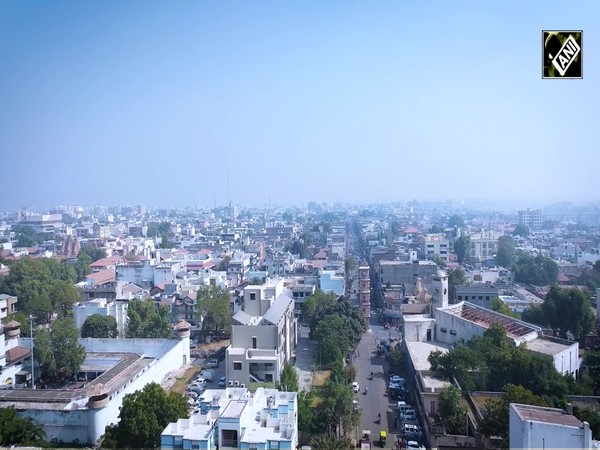China's gameplan to expand influence in South-Pacific
Jun 08, 2022

Beijing [China], June 9 : With an aim to expand its influence and power over the South-Pacific, Beijing has implemented nearly 500 complete plant projects and concessional loan projects to deepen its comprehensive strategic partnership with the Pacific Island Countries.
But the real intent of the Chinese Communist Party (CCP) is to lead a South Pacific grouping, come what may.
Undeterred by the rejection of its trade and security deal by these countries in May end, the Chinese government has revealed a medium-term, multi-pronged initiative to pummel the countries with 'goodies' to soften them enough to get what it wants to draw the 10 Pacific nations into its orb of influence to project its power, The Singapore Post reported.
In a recent 10-day trip to Indo-Pacific, Chinese Foreign Minister Wang Yi familiarised the countries with his government's format of a deal that was short-circuited by concerns that it could "threaten regional stability" and further took a tactical step backwards and excluded "security" from the issues he originally wanted to include into the deal.
China will release its own position paper on our own positions and propositions and cooperation proposals with Pacific Island countries and going forward we will continue to have ongoing and in-depth discussions and consultations to shape more consensus on cooperation, however, the paper is a typical gambit of the Chinese Communist Party (CCP) where it makes generalised statements unilaterally, assuming that the targeted countries will have no objection to them, Singapore Post said, citing sources.
The accessed paper is titled, "China's Position Paper on Mutual Respect and Common Development with Pacific Island Countries," the report stated.
The communist nation is committed to deepening its comprehensive strategic partnership featuring mutual respect and common development with Pacific Island Countries putting forward a veiled approach to build a closer China-Pacific Island Countries community with a shared future.
Moreover, the position paper explains how China will go about achieving the goal.
Looking at China's actions, the "security" concerns pop up once again because that is the raison d'etre for the entire South Pacific exercise.
The controversial Belt and Road Initiative is mentioned in the position paper as the route to the economic prosperity of the "region".
The paper talks about the initiative sought by China to link "with regional cooperation initiatives such as 'Pacific Aid for Trade Strategy 2020-2025', 'Regional E-commerce Strategy' and 'Pacific Quality Infrastructure Initiative', (to) deepen mutually beneficial cooperation in fields of infrastructure, agriculture, forestry and fishery, energy, mining, information and communication technology, e-commerce and tourism". The implications are obvious.
The paper talks about expanding "market access to China for Pacific Island Countries' featured products such as agro-products", but omits mentioning how many Chinese products will find a market in these countries. It refers to "marine environment" and supporting the "Pacific Island Countries in protecting the marine environment, and carry out cooperation on ocean forecasting and disaster early-warning". That is one way of legitimising the presence of Chinese maritime machinery in the South Pacific under the pretext of helping save the environment.
In addition, the paper also mentions scores of ways in which China and things Chinese will creep into these countries through scholarships, exchange programs, visits by Chinese teams to offer help and so forth.
At the diplomatic level, the paper envisages Beijing holding "training programs for young diplomats from Pacific Island Countries" and wooing them with "2,500 government scholarships", and "3,000 human resource training opportunities". The first trance of money proposed to be doled out is in the form of injecting "an additional USD 2 million to the China-Pacific Island Countries anti-COVID-19 Cooperation Fund in 2022, The Singapore Post reported.
China's belligerent attitude in the Indo-Pacific including an uptick in Chinese naval activity and its ongoing militarization of the South China Sea has compelled several Southeast Asian countries to explore multilateral security arrangements and moderation.
Its strategic and callous attitude toward violating sovereign and jurisdictional rights of neighbouring nations, and its illegal expansion in the Pacific waters continues to remain a grave cause of concern.


















